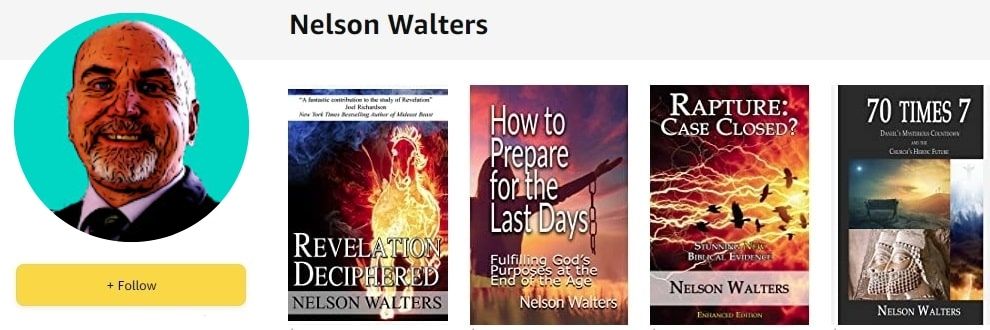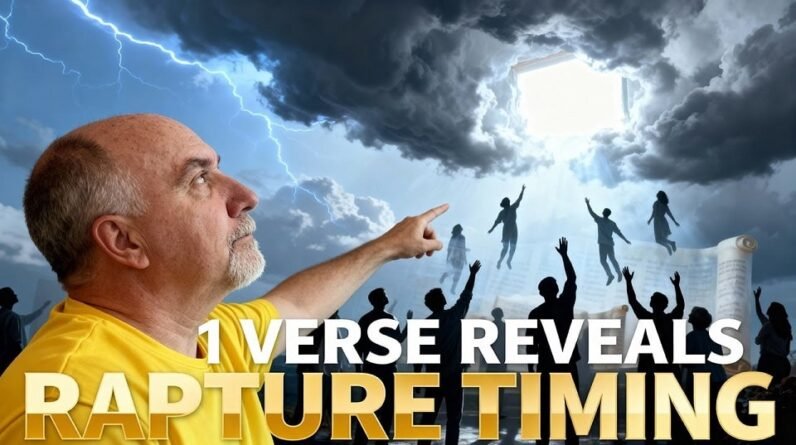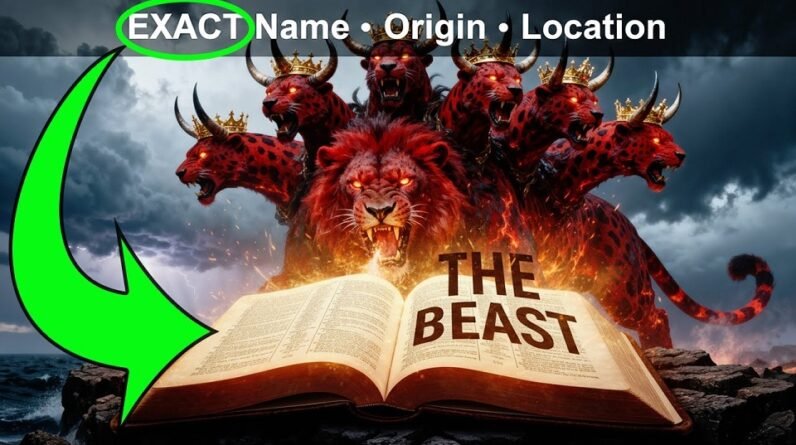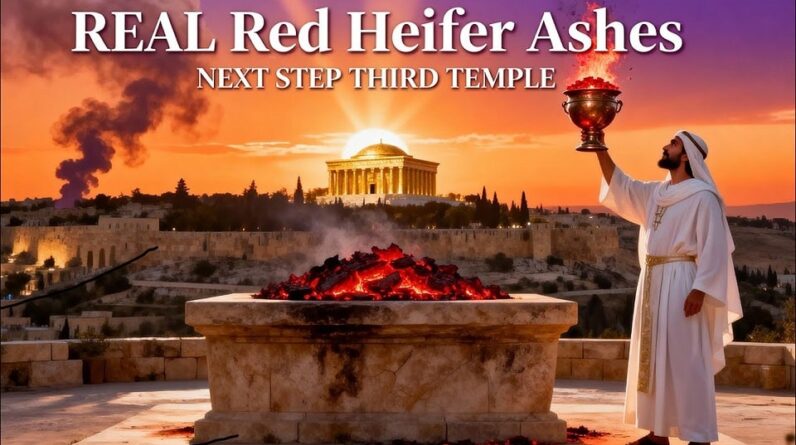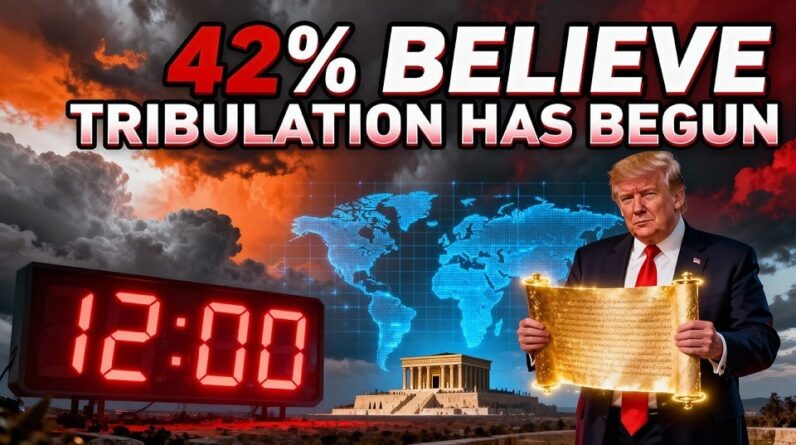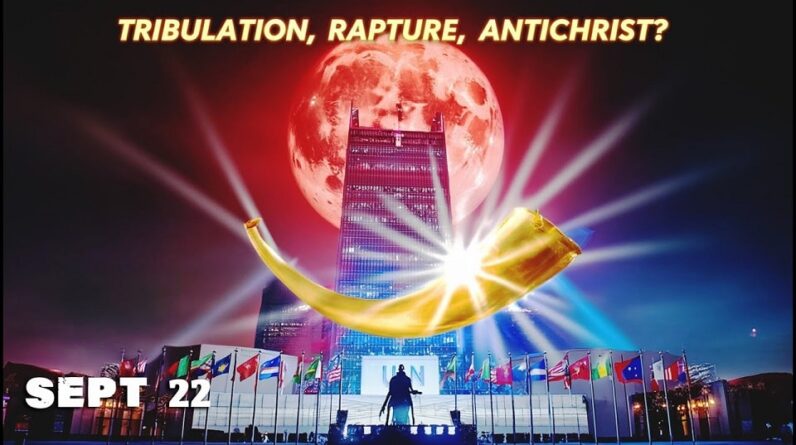When does the rapture happen? Most people quote Jesus saying, “No one knows the day or hour.” But what if we’ve been overlooking something? Not the exact date—sure—but the month and maybe even the year? That’s what Bible teacher Nelson Walters explores. He believes certain Bible passages that people usually skip over might hold real clues. And once you hear what he’s pointing to, it’s honestly hard to ignore.
James and the Clue About Rain
Walters kicks things off with a surprising place: the Book of James. Not Revelation. Not Daniel. James 5:7 compares Jesus’s return to rain—specifically, the early and latter rains that happen in Israel.
- Early rains = Fall
- Latter rains = Spring
This rain pattern is tied to agriculture, but James isn’t just talking about crops. Walters argues this is symbolic. The rains represent the two comings of Jesus. The latter rain lines up with His first coming (which took place during spring feasts like Passover), and the early rain points to His return, which—according to Jewish tradition—happens in the fall.
Why “Tishri” Might Be Important
Here’s the twist: The month of Tishri (September–October) contains the last three Jewish feasts—Trumpets, Atonement (Yom Kippur), and Tabernacles. Walters says all of these align with different parts of Jesus’s second coming. Trumpets? That could be the rapture. Atonement? Judgment. Tabernacles? God living with His people.
So, even though we don’t know the day or hour, this might mean we do know the month: Tishri.
But What About the Year?
For that, Walters turns to Hosea 5 and 6. There, Jesus (speaking prophetically) says He’ll return to heaven until Israel seeks Him again. Then—this is key—it says:
“After two days He will revive us, and on the third day, He will raise us up…” Hosea 6:2
According to 2 Peter 3:8, “a day is like a thousand years” to God. Walters connects the dots: 2,000 years after Jesus’s ascension = His return. If Jesus ascended around 30 A.D., then 2,000 years later is… 2030. Walters gives a rough range between 2028–2033, depending on the exact date of the ascension.
Elijah, Job, and Waiting Well
But there’s more than just date math. James doesn’t stop at giving a possible timeframe—he gives examples of how to wait:
- The Prophets endured suffering.
- Job lost everything but stayed faithful.
- Elijah prayed, fasted, fought evil—and waited three and a half years through a drought. (Which, by the way, mirrors the length of the Great Tribulation.)
These examples aren’t just stories. Walters says they’re real-life patterns for how we should endure hard times and hold out hope.
So, When Does the Rapture Happen? Are We Close?
Maybe. If Walters is right, we’re just a few years away. The Bible might not give us a calendar day, but it might point toward the season—a fall feast, within a set range of years. The call now? Stay patient. Pray. Be like Elijah. And get ready.
Stay Alert with Revelation Explained
Biblical prophecy with current events, stay alert to these potential end-time signs at Revelation Explained.
Stay Informed with Nelson Walters
Last Days Overcomer Website – https://lastdaysovercomer.org/about-us/
Thanks for watching When Does the Rapture Happen?

